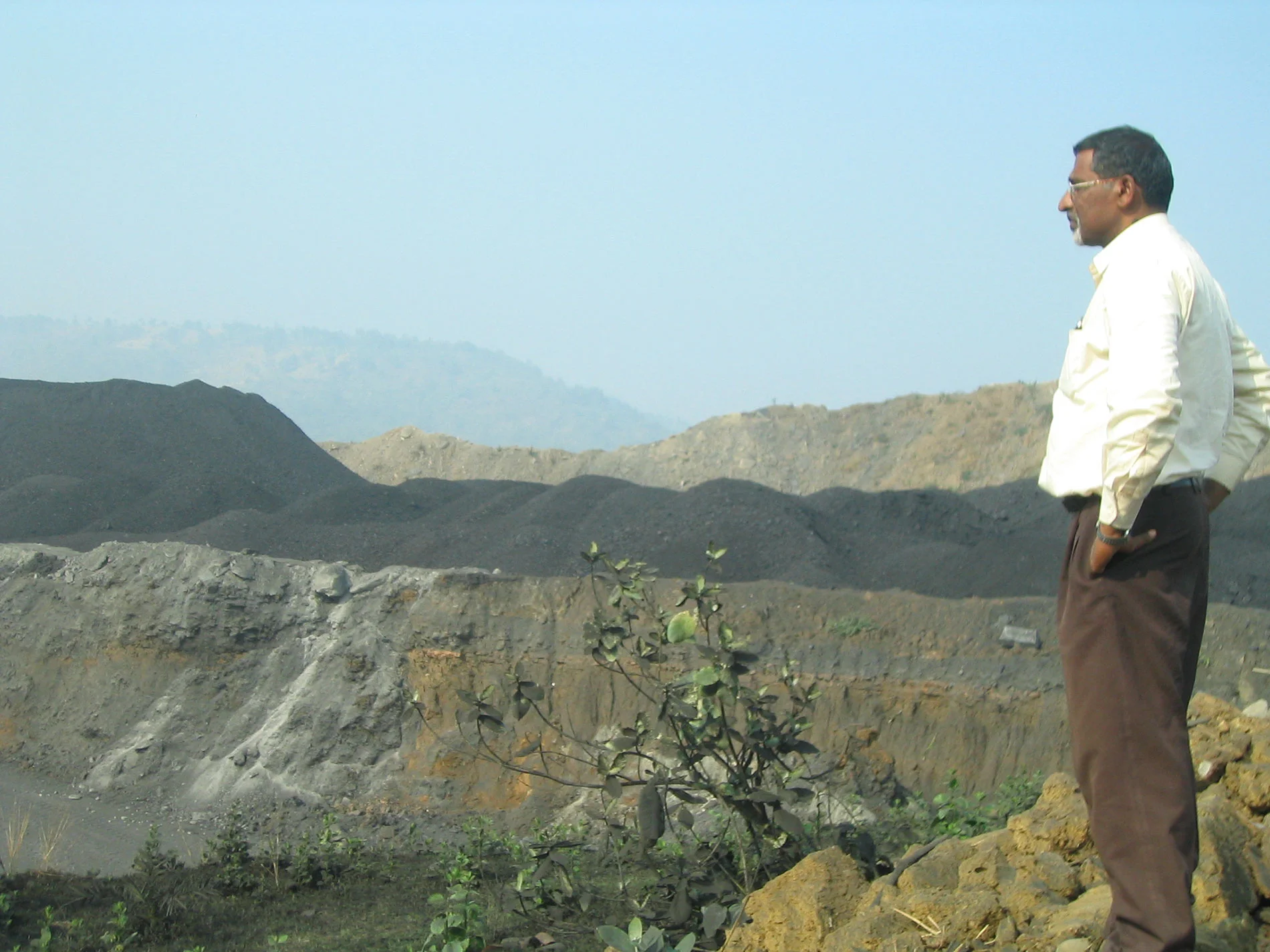GIAN Network
Justice in Mining

Objectives of the Global Ignatian Advocacy Network (GIAN) of Justice in Mining
Inspired by Ignatian spirituality and the call of Laudato Si´, the Justice in Mining is a global network of Jesuit organizations and social centers that discern and promote socio-environmental justice in conflicts related with mining.
- The Network aims are to ensure that decision processes in mining projects respect the voices and human rights of those most affected, preventing and addressing potential negative impacts in terms of health, livelihoods and ecosystems
- We speak out against unethical behaviour by companies and governments and ask for the end of the impunity of those extractive industries who commit socio-environmental crimes, demanding corporate accountability, full compensation for the victims and complete environmental remediation.
- We promote discernment, dialogue and action. We advocate for sustainable lifestyles, responsible business practices and strong corporate regulations to improve the lives of the marginalised people and protect the environment – our common home.
Universal Apostolic Preferences
Caring for our common home
As it is pointed out by Father General in his letter to the whole society that “the damage done to the earth is also damage done to the most vulnerable”. This idea connects two of the Universal Apostolic Preferences which are central for the Justice in Mining work: the call to “collaborate in the care of our Common Home” and the invitation to “walk with the poor”.
The large-scale extraction of minerals is usually justified by the need of ores, metals and other rare earths for developing new technologies. However, the increasing demand of these raw materials is boosted by a distorted and unsustainable development process. The current business model for mining activities often causes huge environmental damages and forced displacement. It represents a threat for many fragile communities (e.g., indigenous peoples, peasants, coastal communities).For this reason, our network seeks to address mining critically, posing some questions in relation to the sharing of costs and benefits of these activities. In doing so, it is important to bear in mind the ecological limits of the planet but also the point of view of those who live in the margins of the system.
That said, the orientations given in the UAPs should not be detached from one another. The four of them deserve our attention. Regarding the Spiritual Exercises, our identity as a network has been build up around the idea of “Ignatian advocacy”, meaning that spiritual discernment, both personally and collectively, is central in our approach to the mission of justice and reconciliation which we have been entrusted.
On the other hand, we need to connect our work with the expectations and concerns of the younger generations, both in the places where the extraction takes place and in those others that benefit from it. Because the future is in their hands and we cannot tackle the root causes of socio environmental conflicts without them.
Who is part of this newtork?
Anthony Puthumattathil ( JAM )
Tony Herbert ( HAZ )
Jacob Kujur ( MAP )
Simon Fernandes (GOA)



